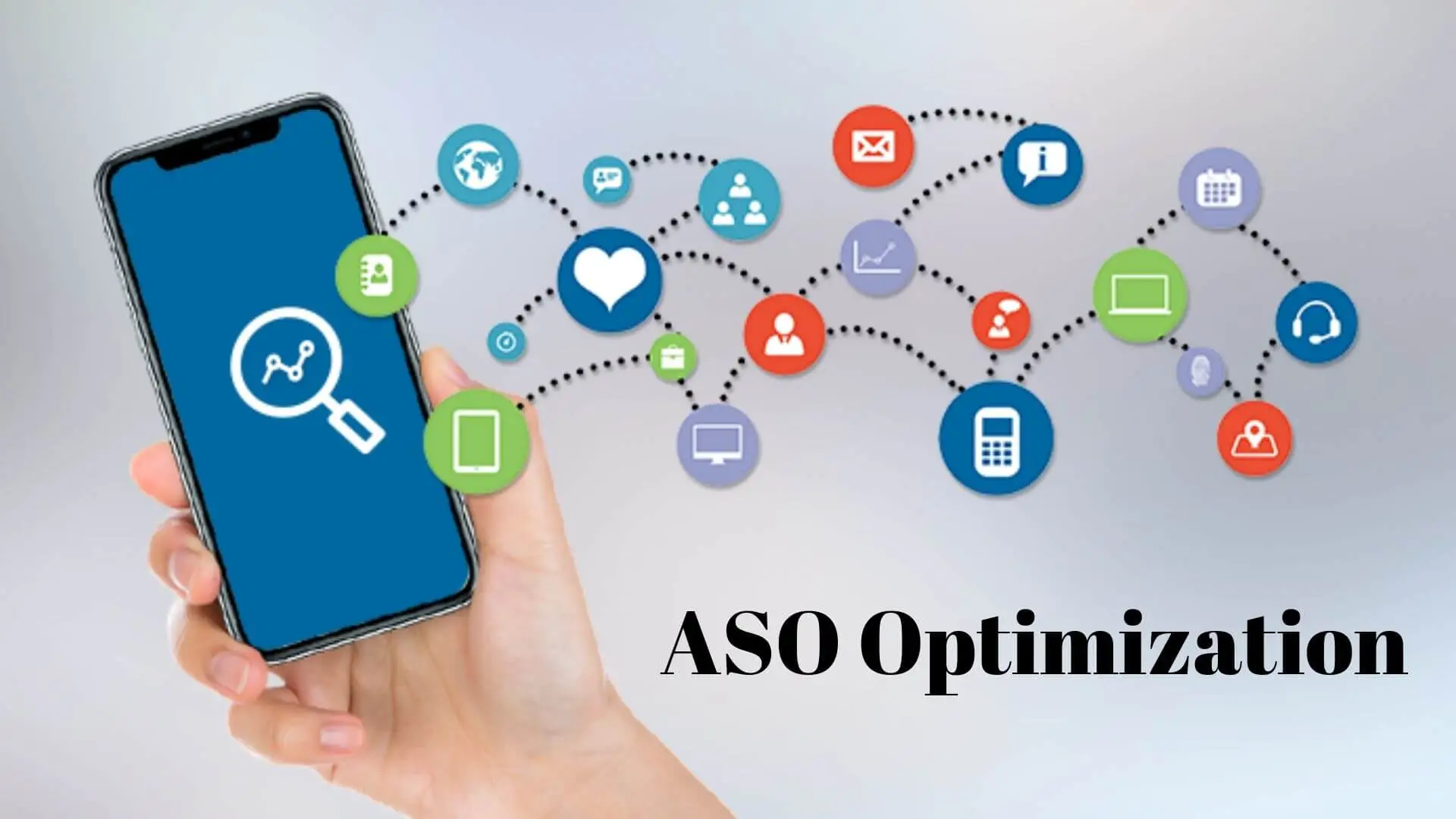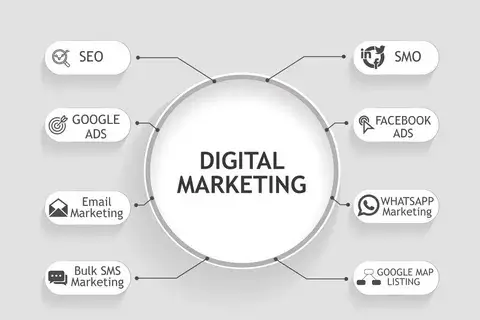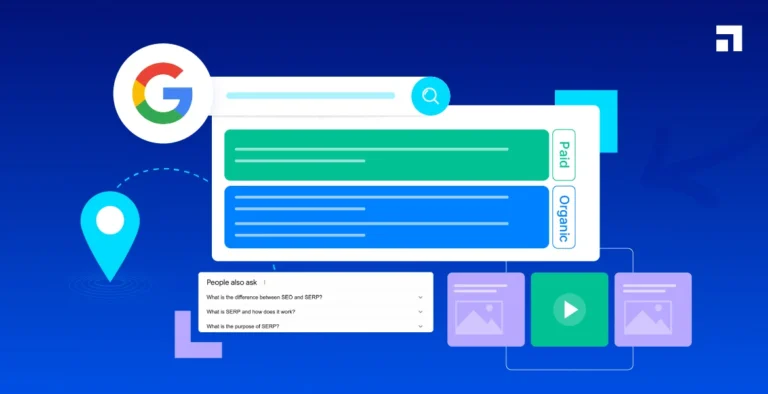With so many digital storefronts and an overwhelming number of consumer options, the dynamic world of e-commerce makes a strong and efficient marketing plan imperative. Among the multitude of choices, email marketing sticks out as a tried-and-true powerful instrument. The goal of this blog is to explore the intricate structure of Email marketing for E-commerce and provide insight into tactics that not only draw in customers but also dramatically increase revenue.
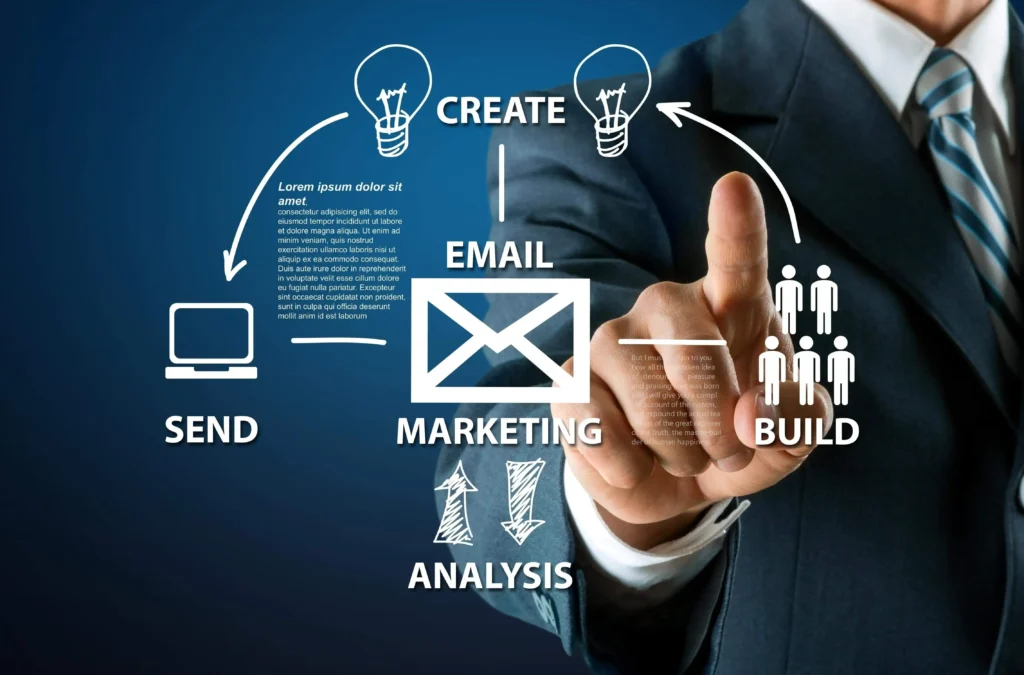
Email marketing is becoming more and more important as the internet-based marketplace develops. Bypassing the bustle of Social Media Marketing and other digital platforms, it acts as a direct line of communication between companies and customers. A well-written email has the ability to attract potential consumers, foster relationships, and provide measurable outcomes in this age of immediate gratification and short attention spans.
Sending promotional emails is only one aspect of email marketing for e-commerce; other strategies include creating connections, telling stories, and subtly influencing customer behavior. This blog will cover the subtleties of successful email marketing and offer insights into its important place in the e-commerce industry. The ensuing sections will go deeply into the technical aspects of utilizing email marketing for significant sales growth in the highly competitive environment of e-commerce, from comprehending the significance of individualized communication to dissecting tactics that turn prospects into devoted clients.
The Importance of Effective Email Marketing for E-commerce
Building actual relationships with clients in the digital sphere can be difficult. E-commerce transactions frequently lack this human touch, in contrast to in-person contacts that foster confidence at brick-and-mortar establishments. Enter email marketing, a method that helps companies to successfully close this gap. Businesses may tell a compelling tale about their brand, beliefs, and mission to their audience by carefully crafting emails.
Effective email marketing fosters long-lasting relationships that go beyond simple purchases. Businesses can show that they have a thorough understanding of their clients by selecting material that speaks to the interests and preferences of the target audience. In addition to adding value, specialized content—such as newsletters with industry insights, advice, or exclusive previews—also establishes the brand as a reliable resource. This constant interaction creates an overall impression of commitment, urging consumers to trust the brand when they make purchases in the future.
Furthermore, relationship-building heavily relies on personalization. Customizing emails according to user activity, including past purchases or browsing habits, demonstrates the brand’s appreciation for each unique consumer. In today’s consumer landscape, a deep emotional connection is a critical motivator that is developed through this personal touch.
While bringing in new business is critical, keeping the ones you already have is just as, if not more, crucial. Using email marketing to promote recurring business is a great strategy. After a customer buys something, a carefully considered email campaign may make sure the brand stays at the forefront of their mind.
Not only are order confirmations and shipment notifications transactional, but they also present chances for interaction. Customers are encouraged to explore more products when tailored product recommendations are included in these messages, which could result in increased sales. Businesses can increase the probability of repeat purchases by showcasing products that correspond with customer preferences and historical purchase data.
Sending follow-up emails after a transaction is another important way to encourage repeat business. These emails can offer special discounts for the customer’s subsequent buy, thank them for their purchase, and ask for feedback on their experience. These actions not only express gratitude to clients but also encourage them to come back, starting a feedback loop that increases sales and customer interaction.
Essentially, building lasting relationships and delivering a satisfying customer experience that goes beyond the first transaction are the true goals of efficient email marketing, rather than only sending out promotional messages. E-commerce companies can convert one-time customers into devoted, repeat customers by comprehending and utilizing the possibilities of this technology, which will ultimately lead to sustainable growth.
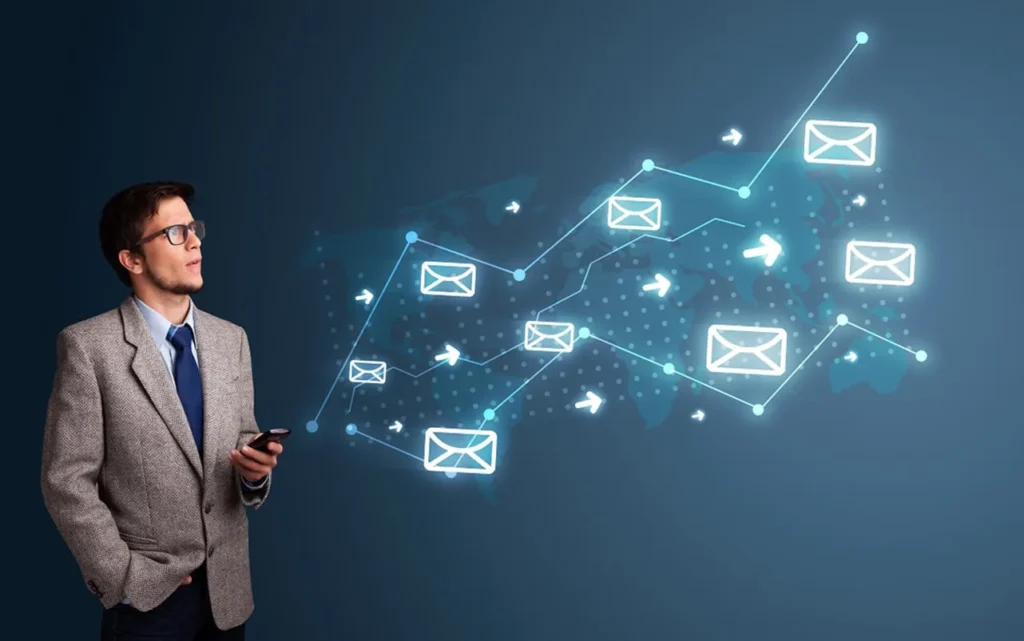
Effective Email Marketing Strategies for Boosting Sales
1. Personalized Product Recommendations
Being able to accommodate each customer’s distinct preferences is what makes customized suggestions for products in email marketing such an effective tool. Through the utilization of past purchase data, browsing patterns, and client demographics, companies are able to tailor a product variety for every receiver. This degree of customization greatly increases the likelihood of conversion while also improving the consumer experience.
This strategy’s favorable effect on sales metrics is one of its noteworthy features. Research shows that sending out customized product recommendations via email can result in an astounding 20% boost in sales. This is explained by the fact that consumers are more likely to interact with and buy goods that suit their wants and preferences. Recommendation engines that are driven by algorithms enhance the quality of suggestions by verifying that the content is timely, relevant, and aesthetically pleasing to the user.
In conclusion, tailored product recommendations result in a situation where businesses and customers benefit equally. Companies benefit from more sales and happier customers, and consumers value well-tailored shopping experiences that suit their individual tastes.
2. Limited-Time Offers and Flash Sales
Limited-time deals and flash discounts become effective tools in the email marketing toolbox because of the psychology of scarcity and urgency, which plays a key part in influencing consumer behavior. Creating emails with language that conveys a sense of utmost importance such as “limited stock available” or “24-hour exclusive deals,” appeals to the FOMO phenomenon and persuades readers to act right away.
The positive impact of this approach is apparent in its capacity to generate prompt increases in sales. Businesses motivate consumers to act quickly and make a purchase before the chance passes by instilling a sense of urgency. Research indicates that emails with time-limited offers may boost conversion rates significantly, up to 15% or more.
Email open rates are also increased because of the rapid turnaround time of these promotions, which incentivizes receivers to open and interact with emails right away. In addition to boosting immediate revenue, this higher level of interaction also helps future email efforts perform better overall and have better deliverability.
3. Abandoned Cart Recovery Emails
In the realm of e-commerce, the abandoned cart is a frequent problem that can be solved rather than being seen as a lost cause. When used effectively, abandoned cart recovery emails can serve as a great motivator for re-engaging potential clients and turning abandoned carts into completed transactions.
These emails give more than just a simple list of things forgotten; they also provide an opportunity to learn about the customer’s experience and address any issues that may have contributed to the abandonment. There’s more to creating an effective abandoned cart recovery email than just a simple reminder. It needs a personalized touch, such an alluring discount, more details about the goods, or an obvious call to action that encourages the buyer to finish the transaction.
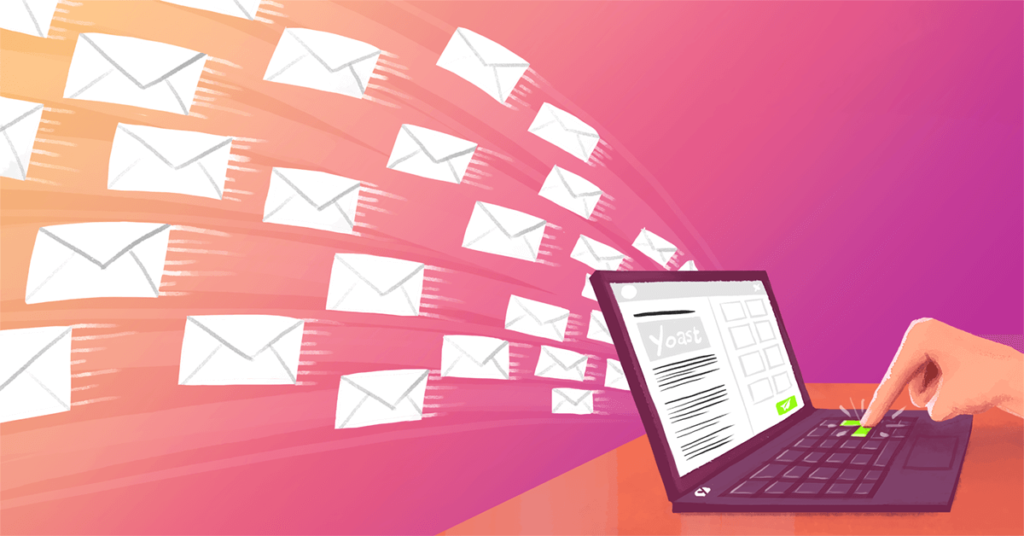
Emails designed to recover abandoned carts can potentially make back as much as 15% of lost purchases, according to research. This demonstrates how successful this strategy is in attracting new customers and demonstrating the brand’s dedication to meeting client needs. The secret is to send these emails at the right time and with enough relevancy; you want to get in while the customer’s interest is still strong.
4. Customer Feedback and Reviews
The importance of customer reviews and comments in this day of data deluge and uncertain shoppers cannot be emphasized. Including this social evidence in email marketing efforts builds credibility, trust, and openness—all important elements in prospective customers’ decision-making processes.
Encouraging happy customers to send in their experiences via email serves as a powerful recommendation for potential consumers as well as a source of useful content for the business. This tactic works especially well since it takes advantage of the customer’s voice, which is regarded as an objective and reliable source. It’s not only about highlighting the good times; when constructive criticism is handled well, it shows a dedication to ongoing development.
Studies show that the likelihood of purchasing a product increases by 63% when it includes customer reviews. This figure highlights the important influence that consumer reviews can have on prospective customers’ decisions to buy. Email campaigns gain credibility when they contain excerpts of gratifying customer evaluations or user-generated material. This appeals to the audience and eventually boosts revenue.
5. Segmentation and Targeted Campaigns
Unnoticed luminaries of successful email marketing are segmentation and tailored campaigns in a world where one size does not fit all. The idea is straightforward yet incredibly effective: classify your audience according to certain parameters, like demographics, engagement level, or past purchases, and then modify your email content appropriately.
Businesses can provide communications that are extremely relevant to each group within their audience by using segmentation. Targeted campaigns raise the probability that recipients will open, interact with, and convert from the email—whether it’s by emphasizing new arrivals to regular shoppers, extending exclusive bargains to devoted customers, or reaching out to inactive subscribers again.
The enhanced performance indicators of email marketing demonstrate the efficacy of segmentation. Research indicates that sales might increase by 76% as a result of focused campaigns. Delivering material that speaks to each segment’s particular wants and preferences has resulted in a significant rise, strengthening the customer-business relationship by creating a sense of individuality.
Conclusion: Transforming Prospects into Profits
In summary, the tactics discussed in this blog provide a road map for companies to successfully negotiate the complex world of e-commerce. Businesses can enhance their brand presence, foster client loyalty, and convert prospects into long-term profits by adding personalized, timely, and targeted email campaigns to their marketing toolkit. Email marketing is a shining example of connectivity in the digital age, where attention is a valuable resource. It provides businesses with the tools they need to not only survive but also flourish in the cutthroat world of E Commerce.





